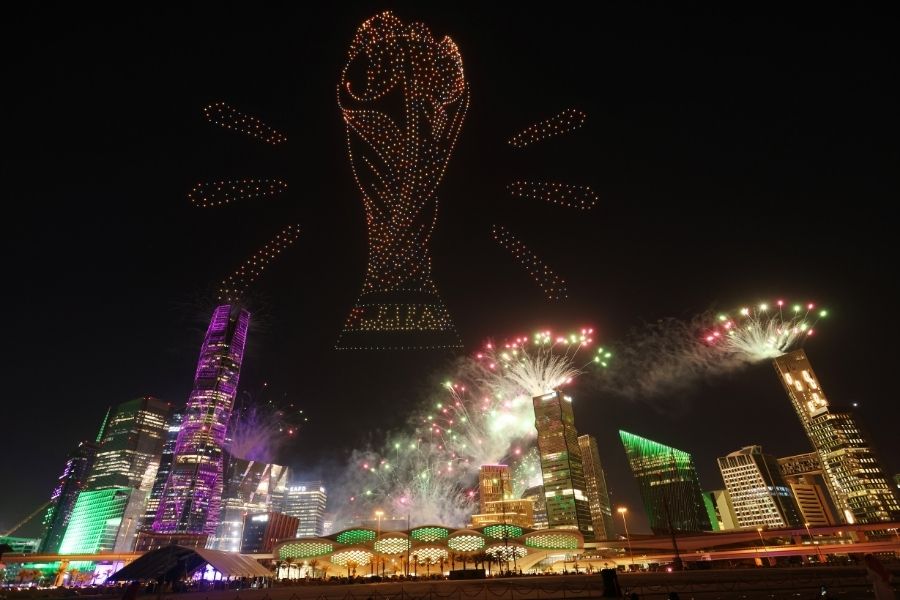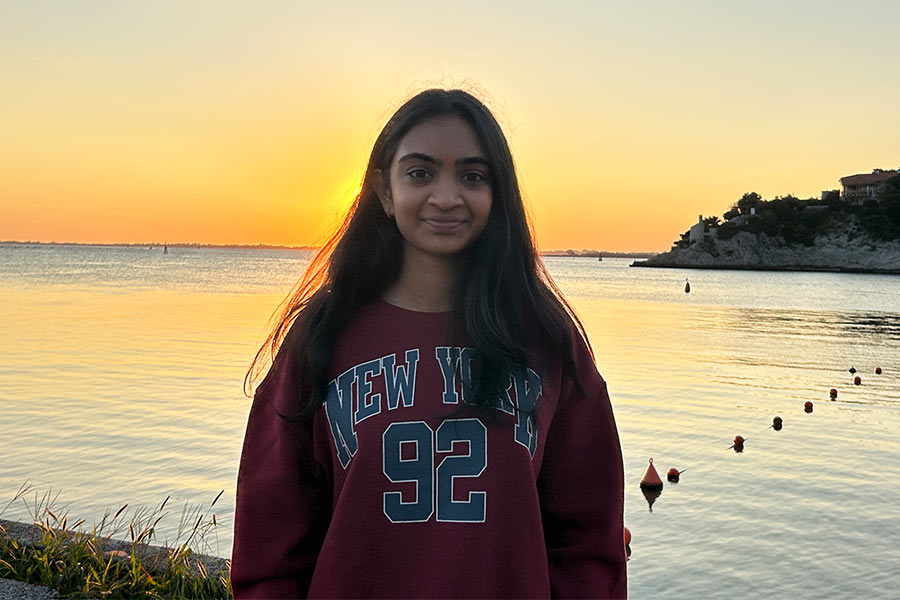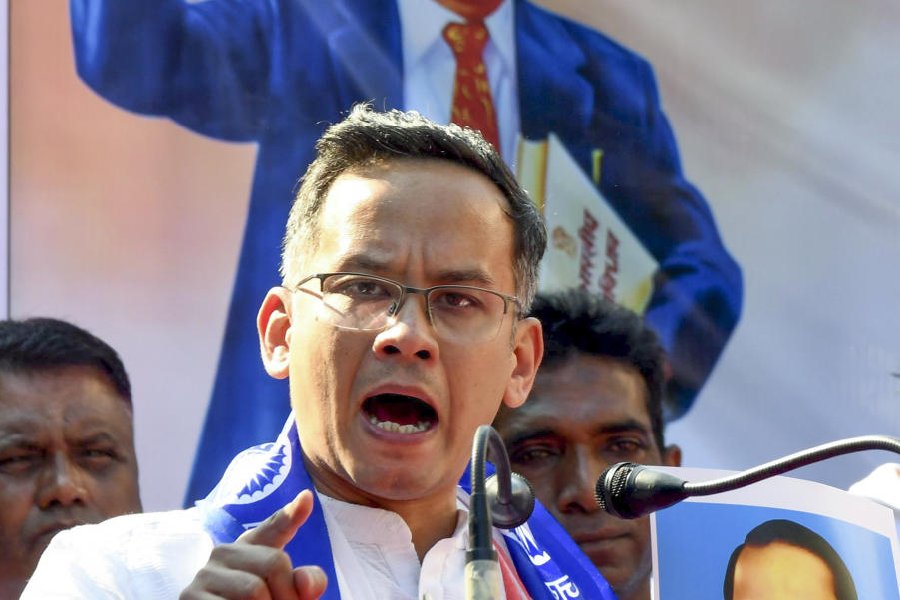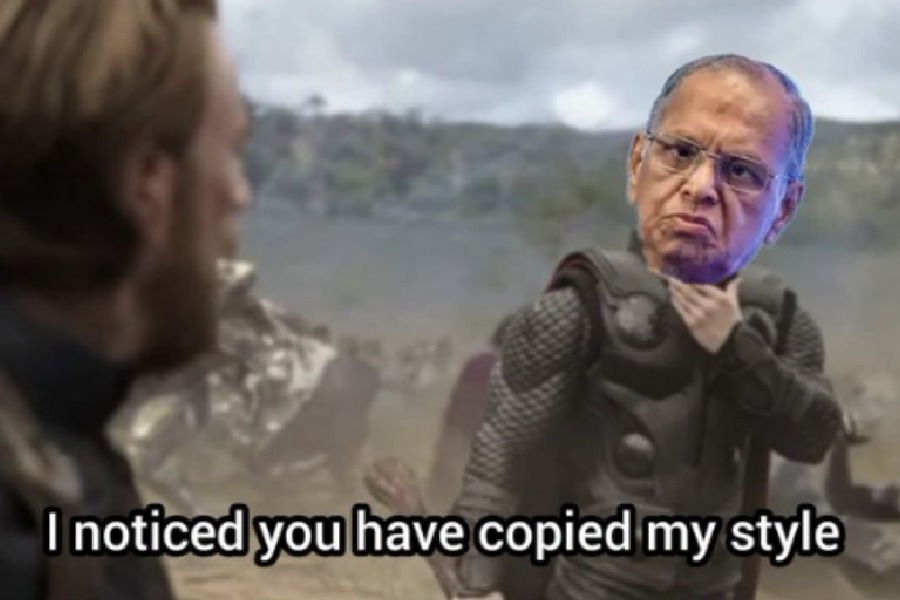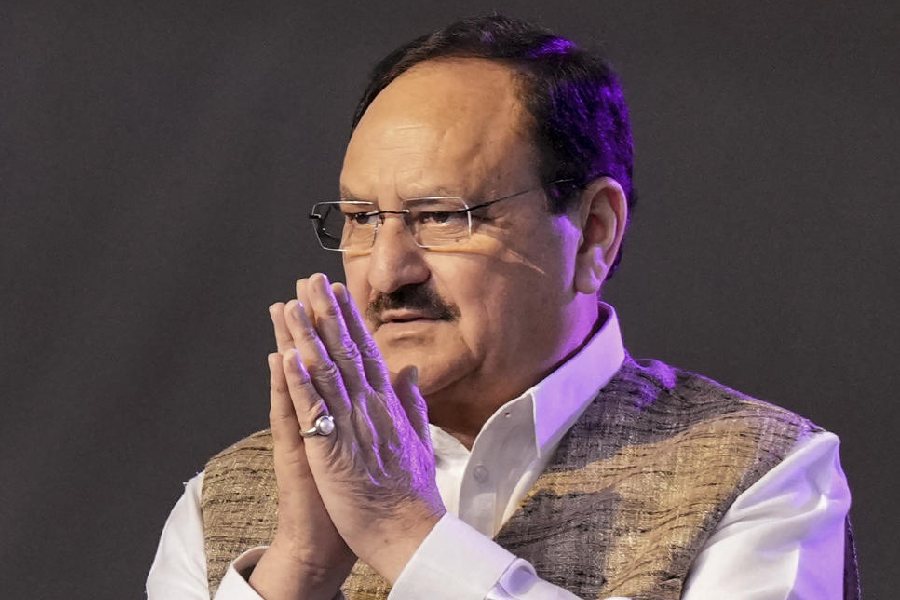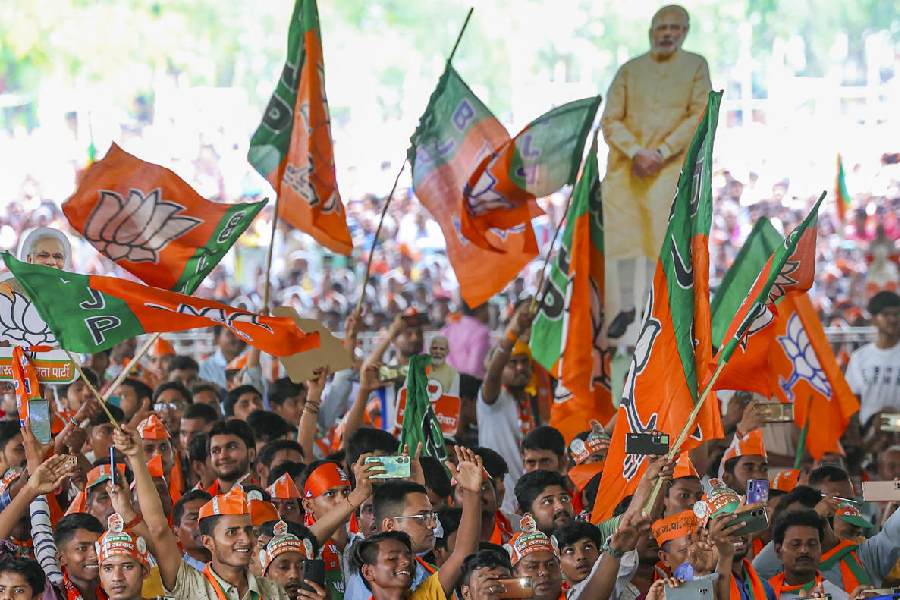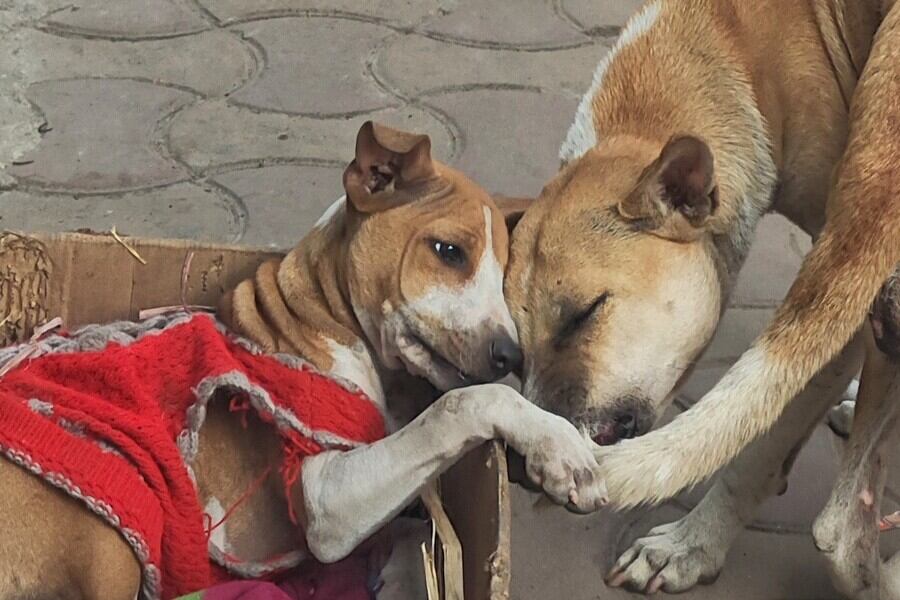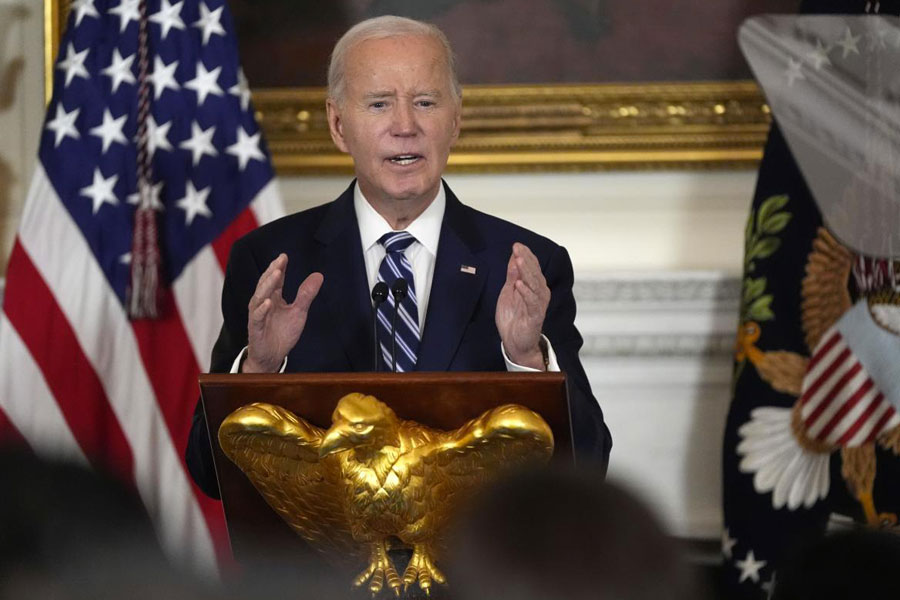When Saudi Arabia was announced as the host of the 2034 FIFA men’s World Cup, I felt a whirlwind of emotions. As a teenager captivated by sports, football has always represented freedom, passion and a shared humanity. The World Cup, in particular, has been a celebration of individuality, diversity and collective joy, and I have always found myself counting down the months until I can dive into the statistics and analyses of my favourite teams. While the decision to allow Saudi Arabia to host the World Cup promises financial growth and a grand spectacle, it also raises ethical questions about the alignment of FIFA’s values with those of the host nation.
For most fans, the World Cup isn’t just a tournament; it’s a global festival. It is a time when barriers dissolve and people from all walks of life come together under the banner of a shared sport. It is when someone like me, a fan from India, can cheer for Argentina and Germany, resonating with their native supporters, without ever having set foot in those countries. But in Saudi Arabia — a country where women’s freedoms are severely restricted, LGBTQIA+ identities are criminalised, and dissent is silenced — the spirit of inclusivity feels threatened.
No amount of shiny new stadiums or slick PR campaigns can hide the fact that millions of fans will be excluded
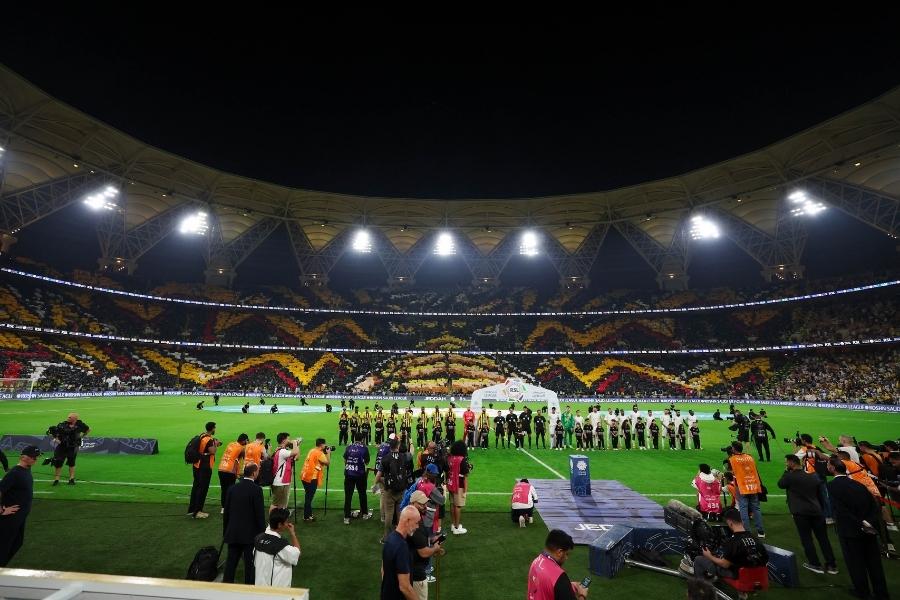
Fifteen different stadiums will host the World Cup games in Saudi Arabia, including eight that are yet to be built
For months, rumours swirled about Saudi Arabia’s bid, and suspicions came to a head when they were the sole competitive bidder for 2034, with a suspiciously short 25-day window to submit proposals. Saudi Arabia’s documentation seemed ready well in advance, raising questions about FIFA’s impartiality.
The Kingdom’s blueprint for 2034 is undoubtedly impressive. They’ve committed to hosting all 104 games across 15 stadiums, in cities ranging from Jeddah, Abha, Al Khobar, Neom and a new 92,000-seat venue in Riyadh. Eight of these stadiums are yet to be built. The revenue projections are equally staggering, expected to exceed $240 million and align neatly with Saudi Arabia’s Vision 2030 strategy to diversify its economy and bolster its global image through tourism and sports. FIFA’s assessment of the bid, however, which classified the risk of human rights violations as “medium”, has left some fans questioning whether enough has been done to ensure the tournament will be welcoming for all.
Qatar 2022 saw some breathtaking football, but it was impossible to ignore the reports of migrant worker exploitation and the crackdown on LGBTQIA+ visibility. Russia 2018, too, carried its shadows of political suppression and propaganda. Now, as Saudi Arabia is set to take centre stage, I can’t help but feel like the game I love is being twisted into something unrecognisable.
When money and influence take precedence over inclusivity and equality
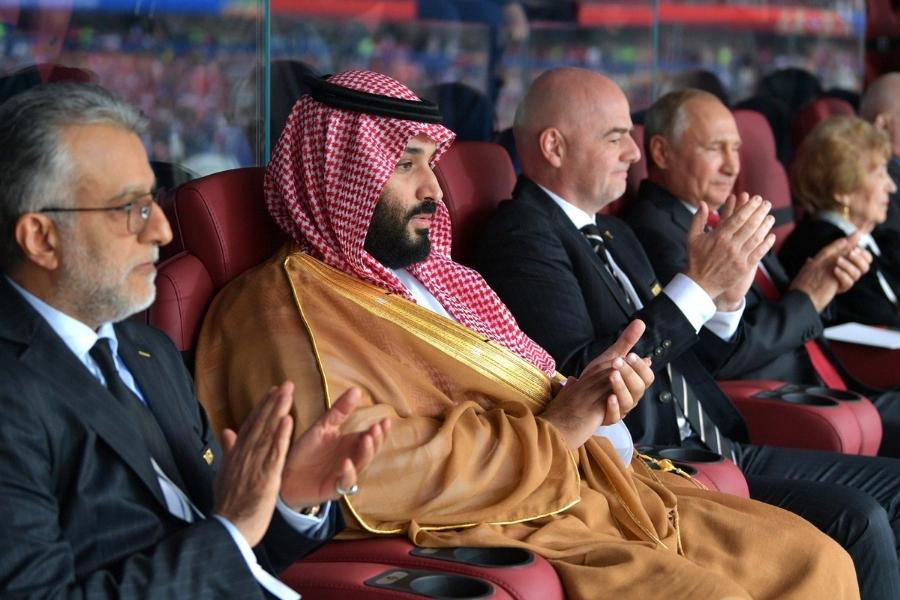
Mohammed bin Salman Al Saud, Crown Prince and Prime Minister of Saudi Arabia, with FIFA president Gianni Infantino and Russian President Vladimir Putin
It’s all part of a larger pattern. Saudi Arabia isn’t just investing in the World Cup. They’re buying their way into every corner of the sports world. Since 2021, they’ve spent billions to bring in stars like Cristiano Ronaldo, Neymar and Karim Benzema, offering contracts so massive they’ve turned the sport into a playground for the super-rich. They’ve changed the stage for professional golf with their controversial LIV Golf tour, hosted the Women’s Tennis Association finals and poured investments into Formula 1. These moves are not just about sports; they are part of a calculated effort to rebrand the Kingdom as modern and forward-thinking, even as its domestic policies tell a different story, not dissimilar to authoritarian regimes in the past, including those in Germany and Italy in the 20th century. In many ways, the parallels are hard to ignore: the lavish spending, the meticulous control of the narrative, and the willingness of governing bodies like FIFA to look the other way.
As the governing body of football, FIFA plays a central role in shaping the game’s future. Its decisions inevitably carry weight, influencing how fans experience the sport and the legacy it leaves behind. The choice of Saudi Arabia as the 2034 host has reignited discussions about whether FIFA is prioritising expansion and revenue over inclusivity and equality. And what does it say about us, the fans, when we tune in, buy tickets and celebrate these tournaments without demanding better from the institutions that govern them?
Will I be safe, let alone be welcomed, as a fan?
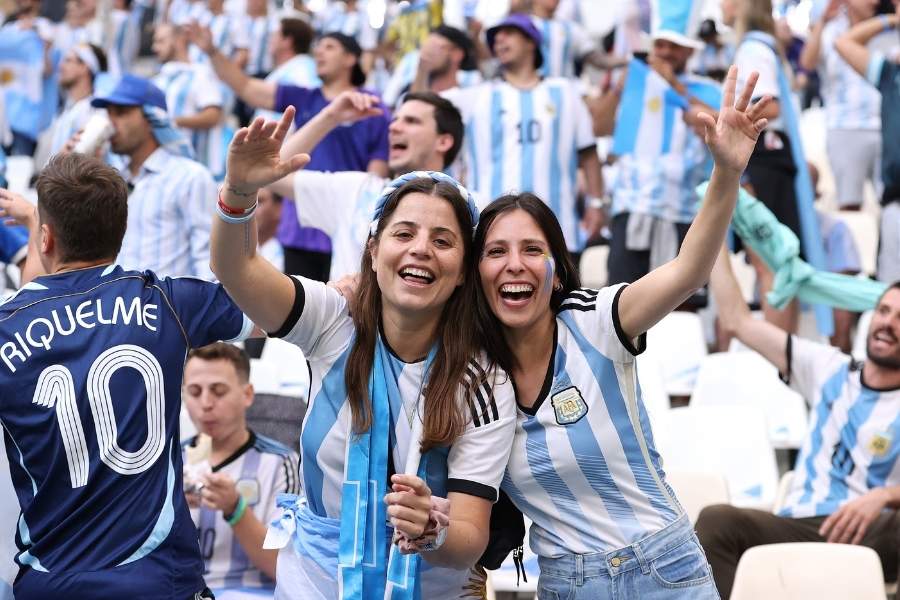
Questions marks loom large over the presence of female fans in Saudi Arabia during the World Cup
The 2034 World Cup will spotlight skill, tenacity and team spirit. Maybe the Indian men’s team would also find a way to make their World Cup debut. But football, for me, has always been about freedom — the freedom to express yourself, to celebrate individuality, and to find community in a shared passion. In Saudi Arabia, that freedom feels compromised, overshadowed by the political and social realities of the host nation.
On a personal note, I feel particularly disappointed. I will be in my mid 20s in 2034, and I had long imagined travelling to and attending a FIFA World Cup as a working adult. That prospect looks daunting now — will I be safe, let alone be welcomed, as a fan in a country where male guardianship of women is still legal?
FIFA’s decision to effectively hand Saudi Arabia the World Cup on a platter forces us to confront uncomfortable truths about the direction of global sports. What kind of legacy are we building for football? Are we preserving its soul, or are we allowing it to be consumed by politics and profit? For fans like me, these aren’t abstract questions — they’re personal, painful, and deeply tied to the reasons we fell in love with the game in the first place. Football deserves better. We all do.

